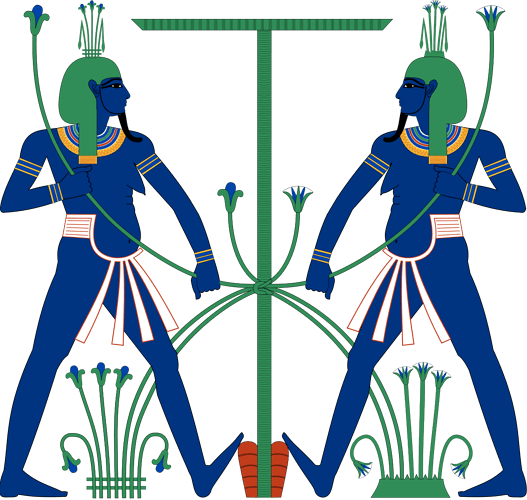Hi everyone,
I’ve been thinking about the seasons in Ancient Egypt recently.
Akhet (Inundation) = August - November
Peret (Emergence/Growth) = December - March
Shemu (Harvest) = April - July
The dates may have shifted over time.
Rather than the seasons being based on the weather like many other pagan traditions, the Ancient Egyptians based their seasons around the Inundation of the Nile.
Hapi is the deity of the Inundation, but after the creation of the Aswan dam, the Nile no longer floods. My first question is, what’s happened to Hapi? Is this deity still present in some way?
My second question is, are the ancient Egyptian seasons still relevant for Kemetics in the UK?
I use the three seasons (Akhet, Peret, Shemu) to organize my devotional journal. To me, the exact dates are less important than the concepts they represent. Rejuvenation, growth, and fruition are universal, relatable stages that can be found in both nature and the human psyche.
It hurts, I think, losing these ties to the past. It hurts when a way of life comes to an end. That said, I don’t think Hapi is gone. Life in the Nile still abounds. Rejuvenation cycles continue. I like to think that he’s less busy these days, like an old man enjoying the stillness after decades of hard work. I tend a bit towards abstraction, though, so your mileage may vary on this one.
2 Likes
I think Hapi is a god of not only the Nile river, but all the rivers. And all rivers have their increases and decreases.
Also I agree with Naunakht that the seasons are in some form universal, too, and so can be used to organise.
1 Like
